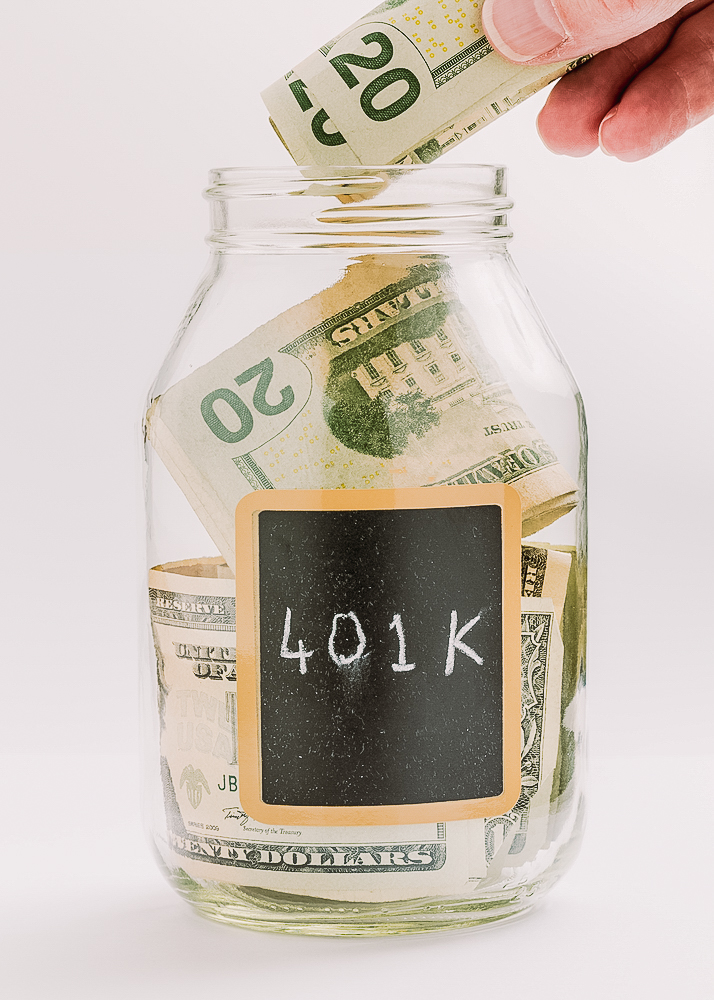Does My 401(k) Loan Affect My Credit?
If you’ve taken (or are thinking about taking) a loan from your 401(k), you might wonder how it impacts your credit score. After all, credit health matters, especially if you’re planning a major purchase or refinancing in the future.
The good news? A 401(k) loan doesn’t show up on your credit report—but that doesn’t mean it’s risk-free.
Here’s what you need to know.
What Is a 401(k) Loan?
A 401(k) loan allows you to borrow money from your own retirement account, typically up to 50% of your vested balance or $50,000, whichever is less. You pay yourself back, with interest, through automatic payroll deductions.
Does It Affect My Credit Score?
No, it doesn’t.
A 401(k) loan is not reported to credit bureaus, so it won’t impact your credit score—positively or negatively—under normal circumstances.
That means:
- No hard inquiry when you take the loan
- No monthly payment reporting to credit bureaus
- No impact on your debt-to-income ratio for credit scoring purposes
Essentially, you’re borrowing from your future retirement savings.
When Can It Hurt You?
Here’s the catch: If you leave your job (voluntarily or not) your 401(k) loan could become a problem.
- If you don’t repay it, the unpaid balance is considered a taxable distribution.
- You may also owe a 10% early withdrawal penalty if you’re under age 59½.
This won’t directly affect your credit score, but the tax hit and penalty can add up.
Why Credit Isn’t the Only Factor
Just because a 401(k) loan doesn’t hurt your credit doesn’t mean it’s harmless. Here are a few key considerations:
- Lost Growth Potential: Money borrowed from your 401(k) misses out on potential investment gains.
- Repayment Risks: If your job situation changes, repayment terms can get tricky.
- Double Taxation on Interest: You repay the loan with after-tax dollars—and then get taxed again when you withdraw pre-tax dollars in retirement.
So, Should You Borrow from Your 401(k)?
A 401(k) loan might make sense in specific situations—such as avoiding high-interest credit card debt or funding an emergency. But it’s not free money, and it’s not risk-free.
Before borrowing, ask yourself:
- Can I repay this comfortably within the timeline?
- What are my job prospects and stability?
- Are there other sources of funds with fewer long-term tradeoffs?
While your 401(k) loan won’t show up on your credit report, it still affects your financial wellness.
Make sure any loan decision fits into your broader financial plan—not just your credit strategy.







